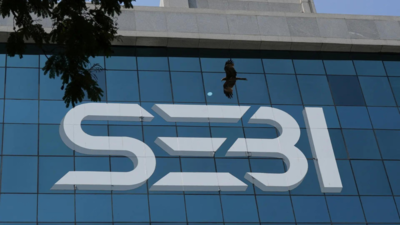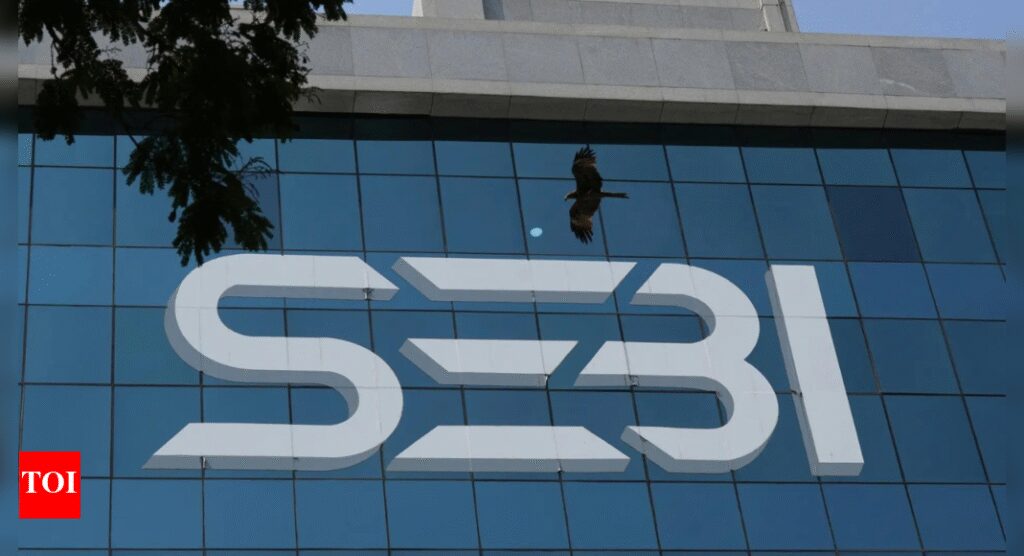
The Securities and Exchange Board of India (Sebi) has proposed a new threshold-based framework to determine the materiality of related party transactions (RPTs), aligning the compliance burden with the turnover scale of listed entities.According to a consultation paper released on Monday, Sebi suggested that for companies with an annual consolidated turnover up to Rs 20,000 crore, an RPT will be considered material if it exceeds 10% of the turnover, PTI reported.For companies with turnover between Rs 20,001 crore and Rs 40,000 crore, the proposed threshold is Rs 2,000 crore plus 5% of the turnover exceeding Rs 20,000 crore. For firms with turnover above Rs 40,000 crore, the limit will be Rs 3,000 crore plus 2.5% of the incremental turnover, or Rs 5,000 crore — whichever is lower.An absolute ceiling of Rs 5,000 crore has been proposed to safeguard the interests of minority shareholders.At present, the LODR (Listing Obligations and Disclosure Requirements) norms require listed entities to seek shareholder approval for RPTs exceeding Rs 1,000 crore or 10% of the consolidated turnover, whichever is lower. The proposed changes come after stakeholder feedback highlighted that the current norms impose a disproportionate compliance burden on large companies.The existing Rs 1,000-crore cap, Sebi noted, promotes a one-size-fits-all regime that fails to account for variations in company size, operational scale or business model.To further ease the compliance load, Sebi has suggested a simpler disclosure format for smaller RPTs. If the total value of transactions with a related party in a financial year, including ratified ones, does not exceed 1% of the annual consolidated turnover or Rs 10 crore (whichever is lower), a reduced set of disclosures may be submitted to the audit committee and shareholders.The current exemption for RPTs up to Rs 1 crore will remain unchanged.Sebi has also proposed modifications to omnibus approvals for RPTs. Approvals obtained at an annual general meeting (AGM) will be valid until the next AGM, capped at 15 months. If taken in any other general meeting, the validity will be limited to one year.The regulator has invited public comments on the proposed changes until August 25.










